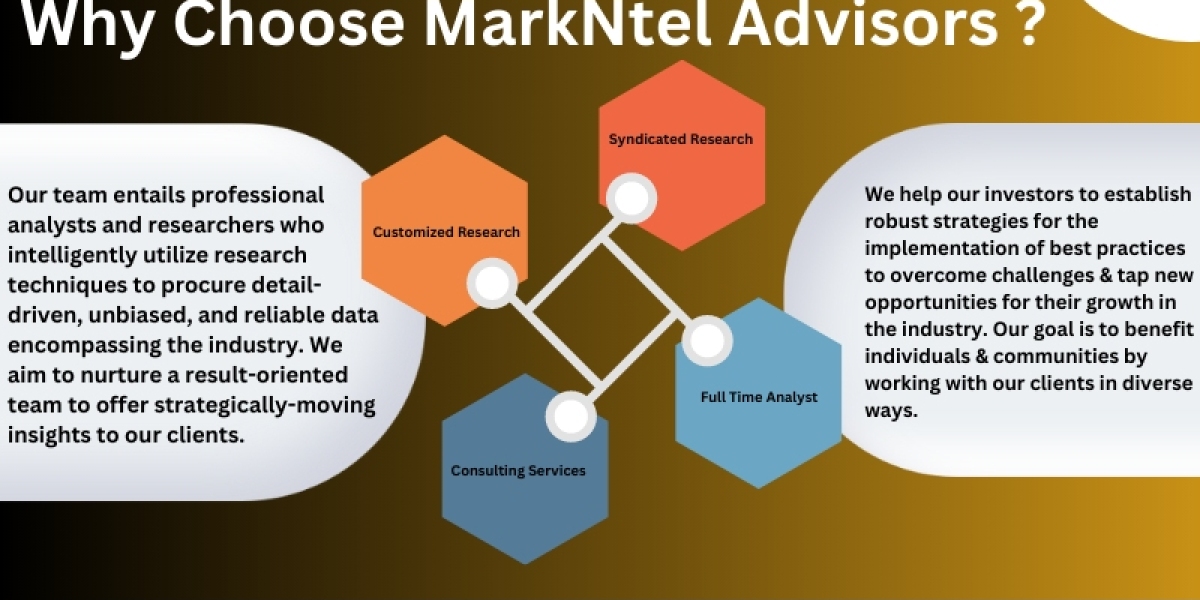Employee feedback is a powerful tool for improving performance, boosting motivation, and fostering a positive workplace culture. When used effectively, feedback not only helps individuals understand their strengths and areas for improvement but also empowers them to take ownership of their development. In today’s fast-paced and dynamic work environment, regular and constructive feedback is essential for aligning employee goals with organizational objectives, driving productivity, and nurturing an engaged and motivated workforce. Here's how employee feedback plays a crucial role in enhancing performance and motivation.
1. Clarifying Expectations and Goals
One of the most significant ways employee feedback drives performance is by clarifying expectations and aligning individual goals with organizational objectives. Feedback provides employees with a clear understanding of what is expected of them, whether it’s meeting specific performance metrics, delivering high-quality work, or contributing to team success.
When employees know exactly what is expected, they are better able to focus their efforts and prioritize tasks effectively. Regular feedback sessions help keep employees on track and offer a chance to adjust goals or strategies when necessary. This clarity boosts confidence and reduces uncertainty, leading to improved performance and a sense of direction.
2. Recognizing Strengths and Building Confidence
Feedback is not only about pointing out areas for improvement; it’s also about acknowledging and reinforcing an employee's strengths. Positive feedback highlights accomplishments and recognizes the value that employees bring to the organization. Recognition of achievements—whether it’s for meeting goals, demonstrating leadership, or solving complex problems—helps employees feel appreciated and valued.
When employees receive recognition for their strengths, it boosts their confidence and encourages them to continue performing at a high level. This sense of accomplishment leads to increased job satisfaction and a desire to contribute even more to the success of the team and organization.
3. Identifying Areas for Improvement
Constructive feedback is essential for identifying areas where employees can improve and develop professionally. Rather than focusing solely on what went wrong, effective feedback highlights specific areas of growth and provides actionable steps for improvement. This helps employees take a proactive approach to their development.
For example, if an employee is struggling with time management, feedback can provide suggestions on how to better prioritize tasks or organize their workday. By offering clear guidance on how to improve, feedback empowers employees to overcome challenges and improve their performance. This ability to grow and develop is motivating and encourages employees to work toward mastering new skills or taking on more responsibility.
4. Providing Real-Time Guidance and Support
One of the most effective ways feedback drives motivation is by offering real-time guidance and support. Instead of waiting for an annual performance review, regular feedback sessions allow managers to address issues as they arise, providing timely advice that can help employees course-correct and stay on track.
This ongoing support fosters a sense of continuous improvement. Employees don’t have to wait months to find out if they are on the right path; they receive the guidance they need to adjust their approach and make immediate improvements. Real-time feedback also makes it easier to address minor issues before they become larger problems, preventing disengagement and frustration.
5. Fostering a Growth Mindset
When feedback is delivered in a constructive, supportive way, it helps foster a growth mindset within employees. A growth mindset encourages employees to view challenges and setbacks as opportunities for learning and improvement, rather than as failures. When employees receive feedback that emphasizes their potential for growth, they are more likely to embrace new challenges, take risks, and innovate.
Feedback that focuses on progress rather than perfection inspires employees to see mistakes as part of the learning process. This approach leads to higher levels of motivation, as employees feel that their development is a continuous journey, and their efforts will ultimately lead to success.
6. Strengthening Engagement and Accountability
Employee feedback is a key driver of engagement because it makes employees feel connected to their work and the organization’s goals. When employees understand how their individual performance contributes to the company’s overall success, they are more likely to feel invested in their work. Regular feedback helps reinforce this connection by reminding employees that their contributions are valued and that their efforts directly impact organizational outcomes.
Feedback also fosters accountability. When employees know that their performance will be reviewed regularly, they are more likely to take ownership of their tasks and responsibilities. This sense of accountability leads to higher motivation, as employees strive to meet expectations and exceed performance standards.
7. Strengthening Relationships Between Employees and Managers
Regular feedback fosters a strong, open relationship between employees and managers, which is essential for motivation and performance. When feedback is delivered in a respectful and empathetic manner, it strengthens trust and communication between managers and their teams. This collaborative approach encourages employees to voice concerns, ask questions, and seek guidance without fear of judgment.
A positive relationship with a manager can significantly impact an employee’s motivation. When employees feel supported and understood by their leaders, they are more likely to engage with their work and demonstrate higher levels of commitment. The feedback process, when done correctly, becomes a two-way communication channel where both managers and employees can share ideas, resolve issues, and work together toward mutual success.
8. Encouraging Ownership of Career Development
Employee feedback can also be a catalyst for career growth and development. When employees receive feedback that highlights their potential and suggests opportunities for skill-building or career advancement, they are more likely to take ownership of their development.
For example, feedback may suggest taking on new projects, participating in professional training programs, or seeking mentorship opportunities. Employees who feel supported in their growth are more likely to be motivated to develop new skills and take on greater responsibilities. Providing employees with clear guidance on how they can progress within the company increases their sense of purpose and drives motivation to succeed.
9. Boosting Job Satisfaction and Reducing Turnover
Finally, employee feedback is an effective tool for boosting job satisfaction and reducing turnover. Employees who receive regular, constructive feedback feel more engaged and valued, which increases their job satisfaction. When employees feel that their development is a priority for the organization, they are more likely to stay with the company long term.
On the other hand, a lack of feedback can lead to disengagement, frustration, and ultimately, higher turnover rates. Providing ongoing feedback ensures that employees remain motivated, satisfied in their roles, and committed to their professional growth, ultimately leading to greater retention and lower recruitment costs for the organization.
Conclusion
Employee feedback is a crucial driver of performance and motivation. By providing clear guidance, recognizing strengths, identifying areas for improvement, and fostering a growth mindset, employee feedback helps employees grow both professionally and personally. It enhances job satisfaction, strengthens engagement, and promotes a culture of continuous learning. When employees feel supported through regular feedback, they are more likely to be motivated to perform at their best, contribute meaningfully to the organization, and stay committed to their roles. Ultimately, feedback is not just a tool for improvement—it’s a key to unlocking long-term success for both employees and the organization as a whole.







